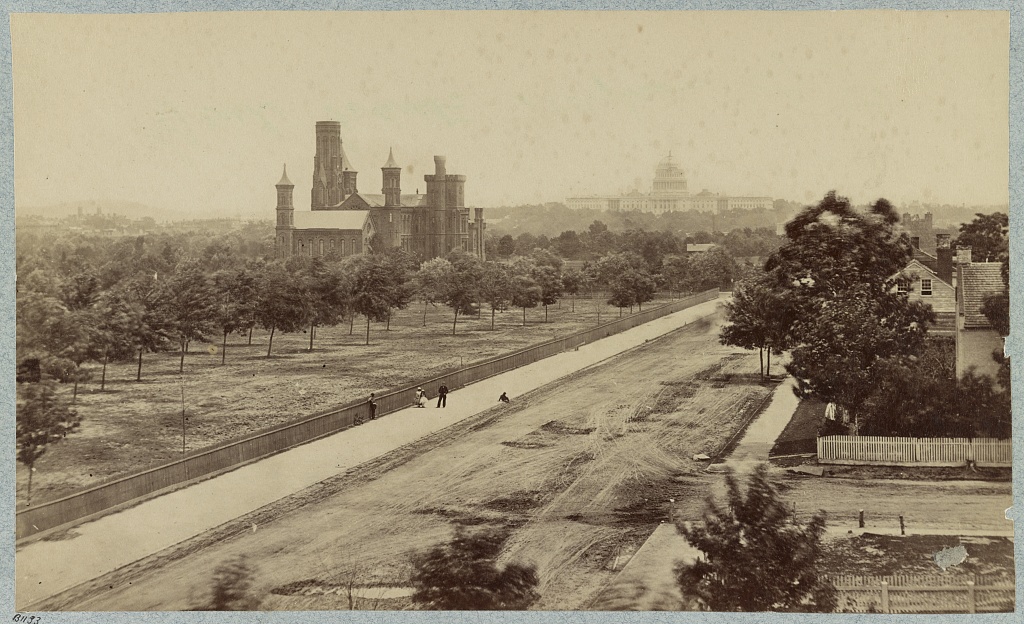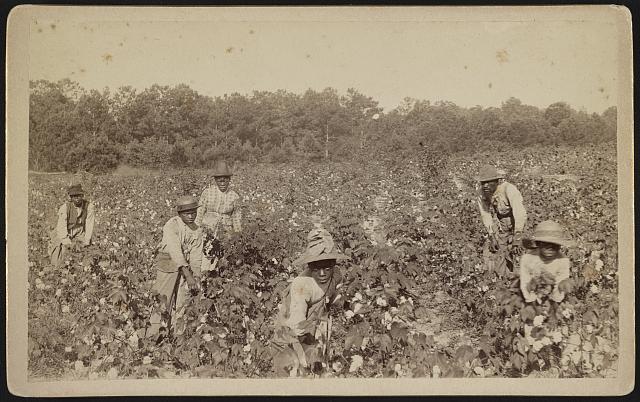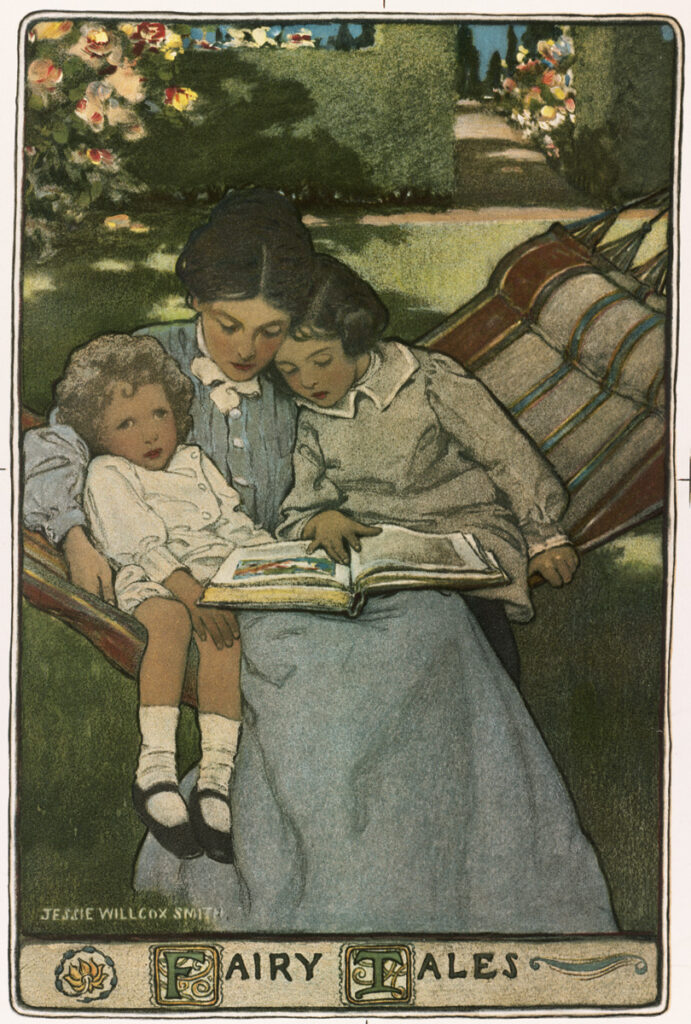books
Here is my reading list for November. Here's the link for October and you can follow it back from there. Professional Reading: Charles Wilkinson, Treaty Justice: The Northwest Tribes, the.
Here's my October reading list. You can see last month's list here and follow it back from there. Professional Reading: Elie Mystal, Bad Law: Ten Popular Laws that Are Ruining.
Here's my list of books read in August. You can see last month's list here and you can follow that back month by month from there if you care. to..
Someone pointed this out yesterday in our discussion of the decline of reading. Our devices are leading to functional illiteracy because parents find reading to their kids boring, unlike watching.
Hardly the most important thing going on in the world today, what with America taking yet another giant leap back to the Gilded Age. It's been a hell of a.
Here’s my list of books read in May. Last month’s list is here. You can follow previous months from there. This goes out to my book patron, known as PS, who.
Here’s my list of books read in April. Last month list is here and you can follow other months back from there. This goes out to my book patron, known.
Here's my list of books read in March. Last month's list is here. This goes out to my book patron, known as PS, who sends me books that make up.












